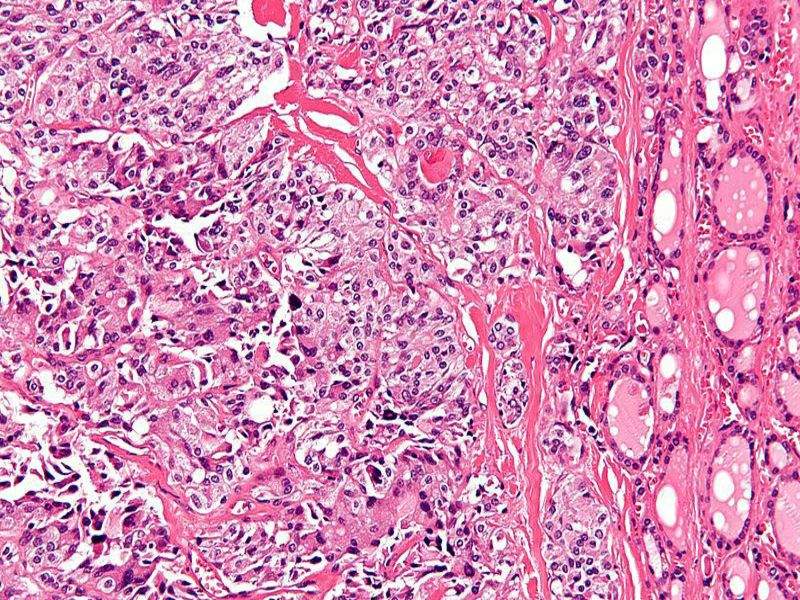

Blueprint Medicines has begun the enrolment and dosing of patients in its Phase I clinical trial of BLU-667 to treat advanced solid tumours with rational emotive therapy (RET) alteration such as non-small-cell lung cancer (NSCLC) and medullary thyroid cancer (MTC).

Discover B2B Marketing That Performs
Combine business intelligence and editorial excellence to reach engaged professionals across 36 leading media platforms.
BLU-667 is an oral, potent and selective inhibitor currently being developed to target RET mutations, fusions and predicted resistance mutants.
Designed to enrol around 115 patients at various sites in the US and the EU, the Phase I trial will evaluate the safety and tolerability of BLU-667 in multiple ascending doses to determine a maximum tolerated dose (MTD).
Blueprint Medicines chief executive officer Jeff Albers said: "By rapidly initiating a clinical trial for our potent and selective RET inhibitor BLU-667, we have successfully achieved a key 2017 milestone.
"BLU-667 has a unique product profile differentiated from our other clinical-stage programmes by its potential to address predicted resistance mutations that may arise.

US Tariffs are shifting - will you react or anticipate?
Don’t let policy changes catch you off guard. Stay proactive with real-time data and expert analysis.
By GlobalData"With BLU-667 enrolment underway, we are further increasing our diversified pipeline of potent, highly selective investigational medicines that target specific disease drivers in genomically defined patient populations."
The firm intends to further initiate expansion cohorts for NSCLC patients with a RET rearrangement, MTC patients and patients with other RET-altered solid tumours.
Approximately 35 patients will be enrolled during the dose escalation part of the trial, while the expansion cohorts will see an enrolment of 80 patients.
The trial's secondary objectives include assessment of pharmacokinetic profile, RET gene status in plasma and tumour tissue, characterising the pharmacodynamic effects and establishing the response rate.
Image: Micrograph of medullary thyroid carcinoma. Photo: courtesy of Nephron/Wikipedia.





